At the training conference on implementing education management according to the two-level local government, Mr. Nguyen Van Hieu, Director of the Department of Education and Training of Ho Chi Minh City, shared that the lack of teachers is the most common problem that wards and communes are facing in the area, along with difficulties and obstacles in recruitment.
According to Mr. Hieu, currently, there is still a problem of unclear decentralization in recruitment. “This is not about giving power to the Department of Education and Training or to wards and communes; but it is necessary to share the work in the most convenient way. If this is not clear, then using, mobilizing, and rotating teachers from one ward/commune to another will be a difficult problem in the near future,” said Mr. Hieu.
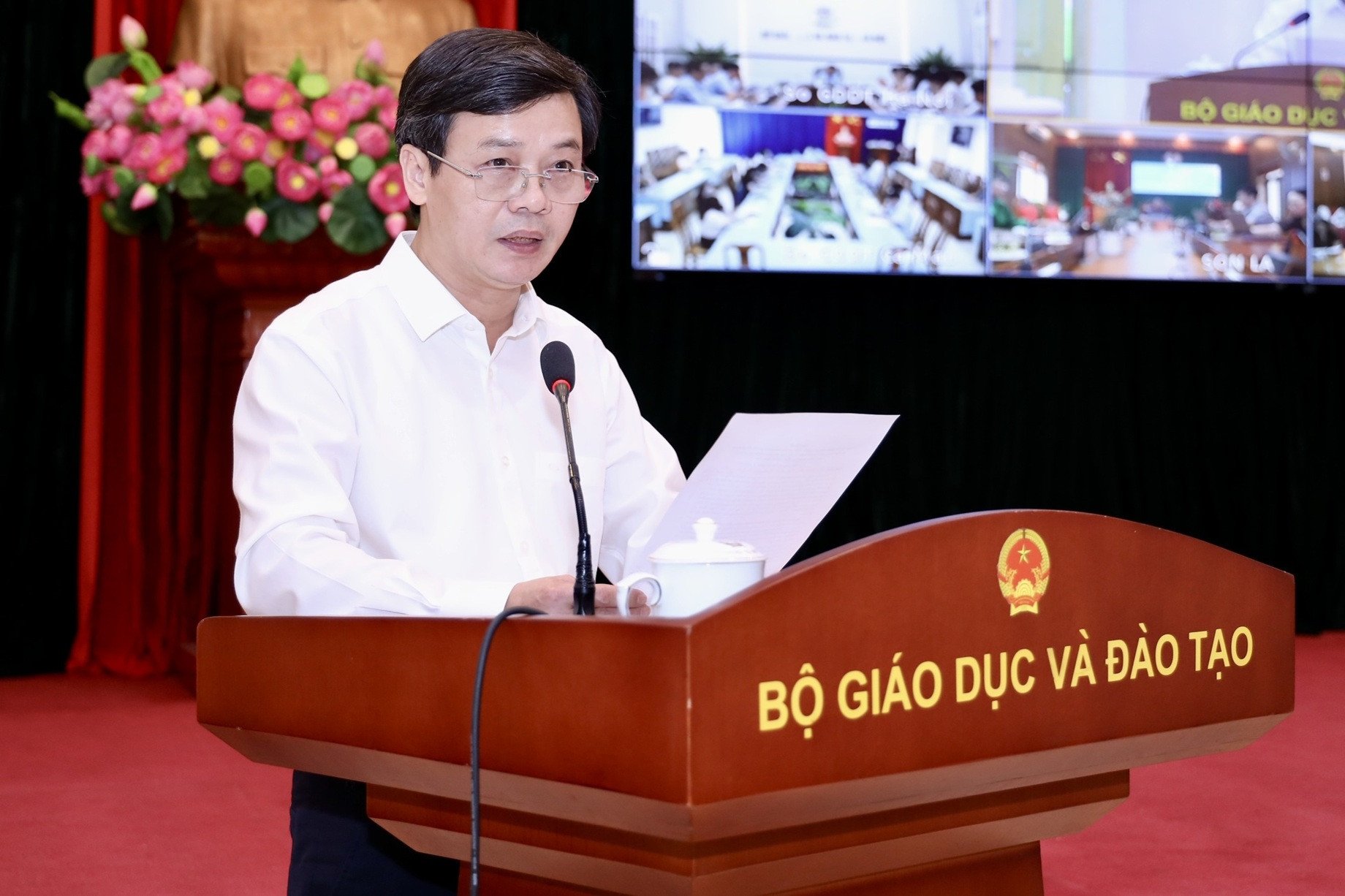
Mr. Pham Tuan Anh, Deputy Director of the Department of Teachers and Educational Managers (Ministry of Education and Training) said that the position and role of the Department of Education and Training have now been strongly strengthened in Decree 142/2025/ND-CP of the Government and Circular 15 recently issued by the Ministry of Education and Training. Accordingly, the Department of Education and Training is assigned the authority to recruit, manage, use, promote, train, foster and evaluate the entire team of teachers, managers, civil servants and employees in public educational institutions in the provinces and centrally run cities.
This is an adjustment associated with the direction of strengthening industry management and state management of professional management. These conditions also require the Department of Education and Training to be proactive and flexible in implementing and performing tasks. "To ensure effectiveness, the Department of Education and Training needs to proactively propose and advise the Provincial People's Committee to specify the authority of the contents, ensuring effective and smooth implementation at the local level," Mr. Tuan Anh noted.
The Ministry of Education and Training also said that the authority to appoint, dismiss, transfer, and remove the heads and deputy heads of preschool, primary, and secondary schools is decided by the Chairman of the People's Committee at the commune level.
In the period from now until the Law on Teachers and documents guiding the implementation of the Law on Teachers come into effect, according to Mr. Tuan Anh, some contents are guided by the Ministry of Education and Training as follows: Recruitment, contracts, mobilization, transfer, inter-school arrangement for teachers, staff, and workers in public educational institutions will be decentralized and authorized by the Provincial People's Committee to agencies and units to implement in accordance with current practical conditions. In particular, the orientation should be assigned to the Department of Education and Training, because in reality, the team of education civil servants at the commune level needs to be improved to meet this task.
The appointment of heads and deputy heads of public educational institutions under the state management of two or more commune-level administrative units; carried out in cases where communes and wards are small in scale, have a small number of schools, and need to mobilize teachers from other communes and wards for appointment, the Department of Education and Training shall preside over advising the Provincial People's Committee to carry out or carry out according to the decentralization of authority.
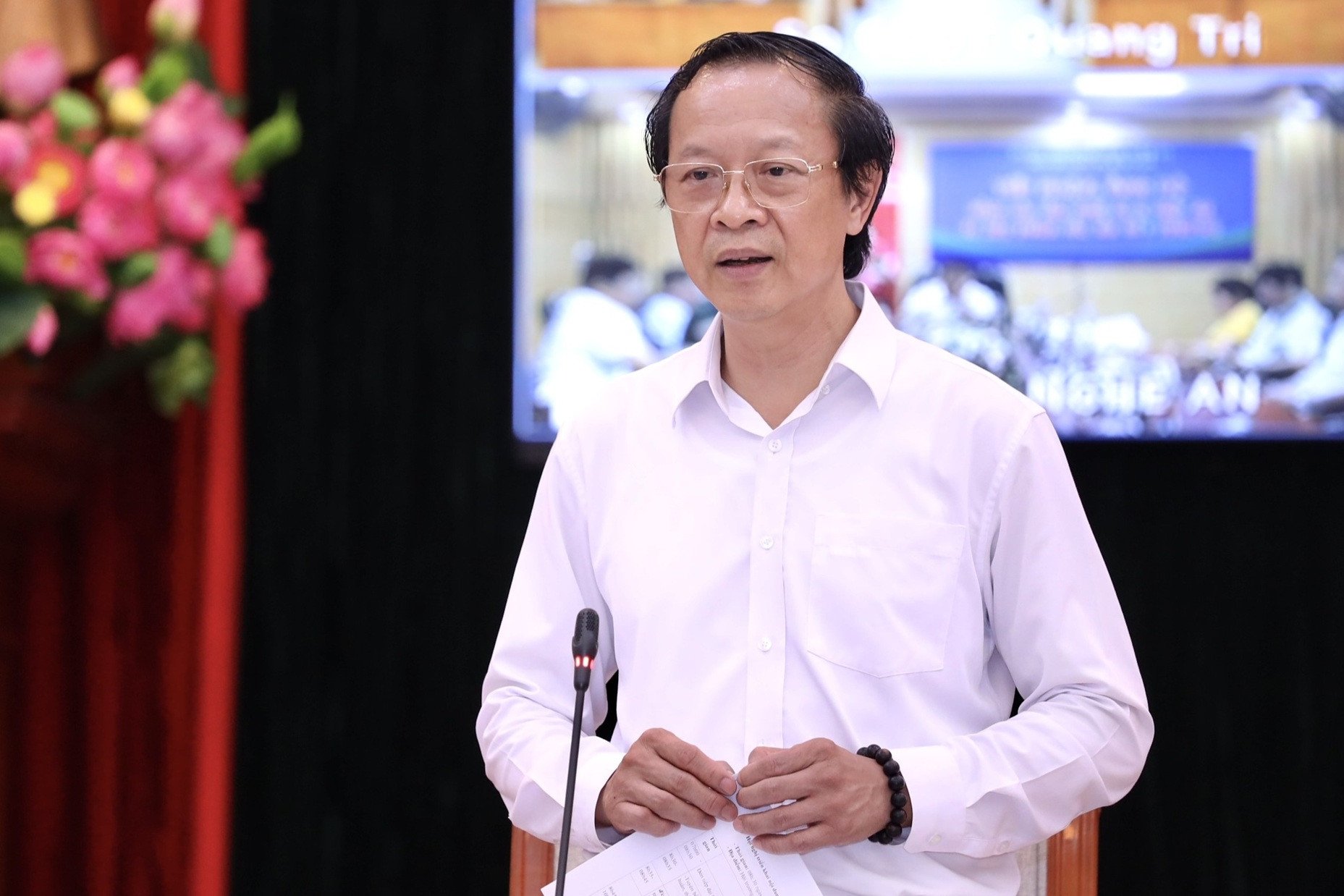
Affirming that when building the Law on Teachers, the Ministry of Education and Training had a policy of reducing intermediaries and reducing the number of contacts in recruiting and using teachers, Deputy Minister Pham Ngoc Thuong said that when assigning the recruitment of teachers to the Department of Education and Training, the whole country only had 34 councils, the exam was held in 1 day and each candidate would have "n wishes". If the first wish to enter commune A was not passed, the second wish to enter commune B could be considered... The chance of taking the entrance exam for bachelor of education students would increase instead of having only 1 wish, if they did not pass in commune A, they would have to wait for the entrance exam in commune B to take the exam again.
Deputy Minister of Education and Training Pham Ngoc Thuong stated that in the coming time, the education sector still has a lot of work to do and especially reminded education managers to study the Ministry's guidance documents on implementing education management according to the 2-level local government. Because from there, we can organize, implement, deploy correctly, fully, and promptly the issues.
The Deputy Minister emphasized that the implementation process must be in the spirit of: Not leaving management content blank; not overlapping management content; clear management content; clear management methods.
"We have management content, we must have methods and innovate management thinking and leadership methods suitable to the current situation," Deputy Minister Pham Ngoc Thuong emphasized.
The Deputy Minister also mentioned: “Currently, there is no longer an Education and Training Department, no longer an inspection and examination department of the department, I suggest that commune leaders must do a good job of planning and appointing principals and vice principals. At this time, there must be even higher requirements for the leadership capacity of each principal. Each principal must be both a civil servant and an organizer of educational tasks at a specific educational institution, ready to do advisory work for commune-level officials. At that time, we will have a large force, not just one commune-level civil servant.”
Deputy Minister Pham Ngoc Thuong also reminded localities to innovate management thinking and leadership methods. According to regulations, the appointment of principals and vice principals is under the authority of the commune level, so commune leaders must do this job well.
“The work of selection, transfer, appointment, rotation, planning, and training must be carried out with teachers who are truly qualified, responsible, and have real work and combat experience. To do so, the cadre work must be impartial, objective, and based on work efficiency, not other factors. This is the key issue that determines success. Even the commune level can coordinate with the Department of Education and Training and the provincial level to advise. It is also possible to transfer people from other wards/communes if one's ward/commune does not have enough and is not suitable,” said Mr. Thuong.
Source: https://vietnamnet.vn/so-gd-dt-duoc-quyen-tuyen-giao-vien-chu-tich-xa-se-bo-nhiem-hieu-truong-2429121.html



![[Photo] Prime Minister Pham Minh Chinh chairs the 14th meeting of the Steering Committee on IUU](https://vphoto.vietnam.vn/thumb/1200x675/vietnam/resource/IMAGE/2025/9/23/a5244e94b6dd49b3b52bbb92201c6986)

![[Photo] Editor-in-Chief of Nhan Dan Newspaper Le Quoc Minh received the working delegation of Pasaxon Newspaper](https://vphoto.vietnam.vn/thumb/1200x675/vietnam/resource/IMAGE/2025/9/23/da79369d8d2849318c3fe8e792f4ce16)


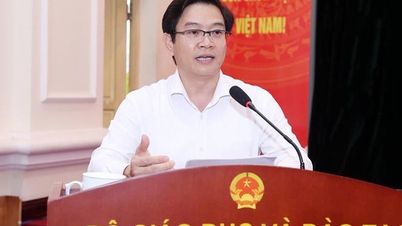

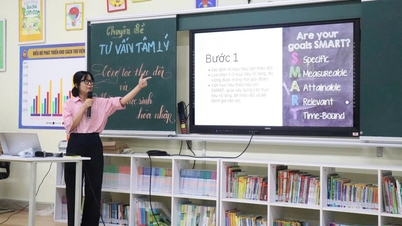



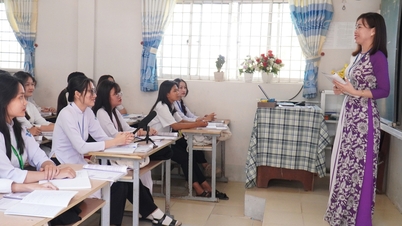


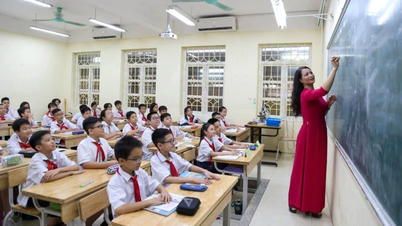

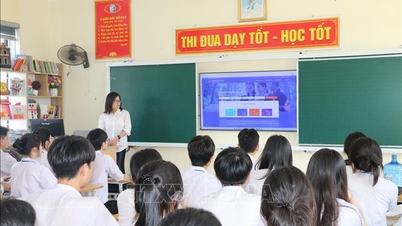


















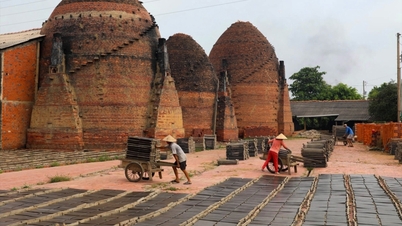






























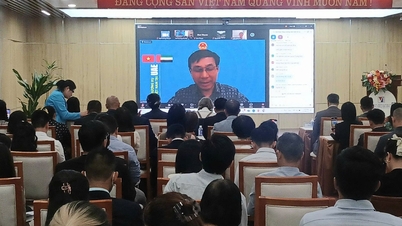



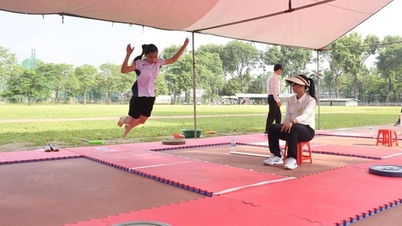





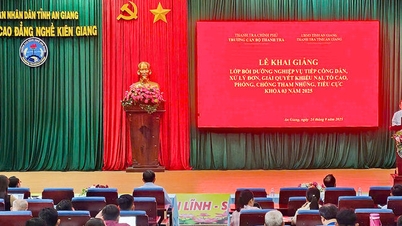

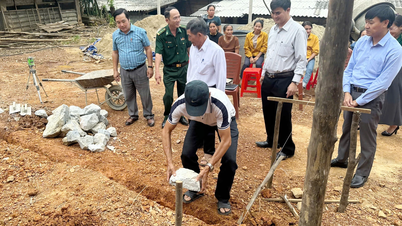

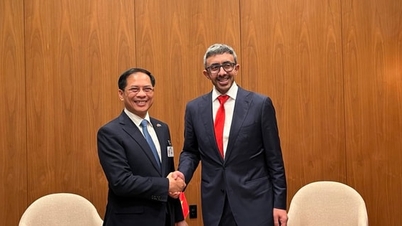

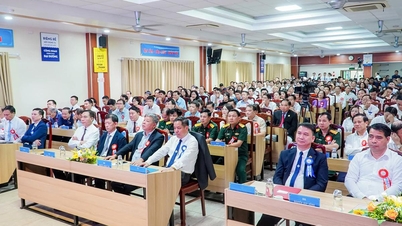















Comment (0)